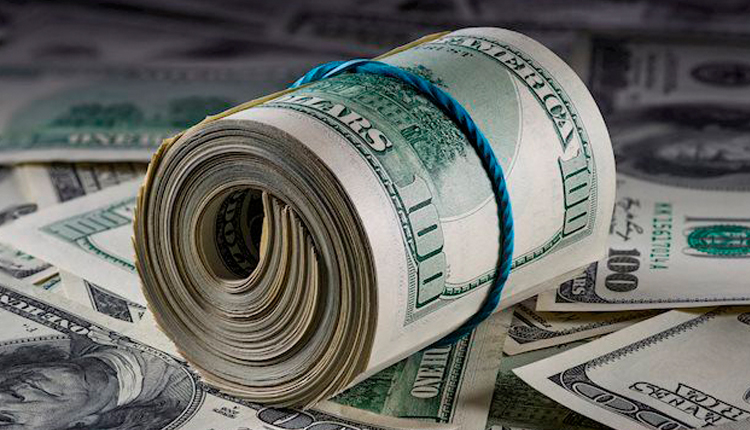The dollar eased against some of its peers on Wednesday, as hopes of progress in the Sino-U.S. trade dispute boosted commodity-linked and riskier currencies.
Increased risk appetite helped lift the Australian dollar after U.S. government officials said that trade talks between China and the United States will continue for an unscheduled third day on Wednesday.
The Aussie rose 0.2 percent to $0.7152, after touching a three-week high of $0.7172 in early trading on optimism around the Sino-U.S. talks. The Australian dollar is often seen as a proxy for Chinese growth because of Australia’s export-reliant economy and China being the country’s biggest destination for its commodities.
“The big slowdown in Chinese growth and the U.S. equity market ‘catching up’ to equity market weakness seen elsewhere…provide some incentive for a negotiated agreement to take place within the next few months,” noted Jason Wong, senior markets strategist at BNZ Markets in Wellington.
The rally in risk assets has accelerated since last Friday when Federal Reserve Chairman Jerome Powell said he was aware of risks to the economy and would be patient and flexible in policy decisions this year.
The dollar index, which measures the greenback against a basket of six peers, gave up 0.1 percent to 95.787 in early trade.
The index, which gained 0.2 percent during the previous session, hovered close to an 11-week low of 95.638 touched early this week.
Against the yen, the dollar was basically unchanged at 108.73 yen per dollar.
“The market became too pessimistic about the global economy up to the beginning of the year, but it seems this kind of pessimism is fading,” said Masafumi Yamamoto, chief currency strategist at Mizuho Securities.
“The recovery of market sentiment will continue. In that context, I think dollar/yen will gradually strengthen and will rise to 110.”
Elsewhere, the euro gained 0.2 percent to $1.1457, but its rebound was not big enough to recover a slightly steeper loss booked during the previous session on concerns about a slowdown in the euro zone economy.
An unexpected fall in German industrial output for the third straight month weighed on the euro overnight. The drop was modest, but it underscored concerns about a slowdown and the European Central Bank’s caution as it tries to wean the region off stimulus.
The British pound gained 0.2 percent to $1.2742 on the day. Traders expect sterling to remain volatile over the next few weeks due to Brexit woes.
“I think there will be another drama. Uncertainty dominates again over sterling. It will face downward pressure and the euro will suffer as well,” said Mizuho’s Yamamoto.
The British parliament is due to vote on Prime Minister Theresa May’s Brexit agreement on January 15, and the run-up is likely to dominate trading in sterling. May is set to lose the vote unless she can convince opponents within and outside her party to back her deal.
Source: Reuters


